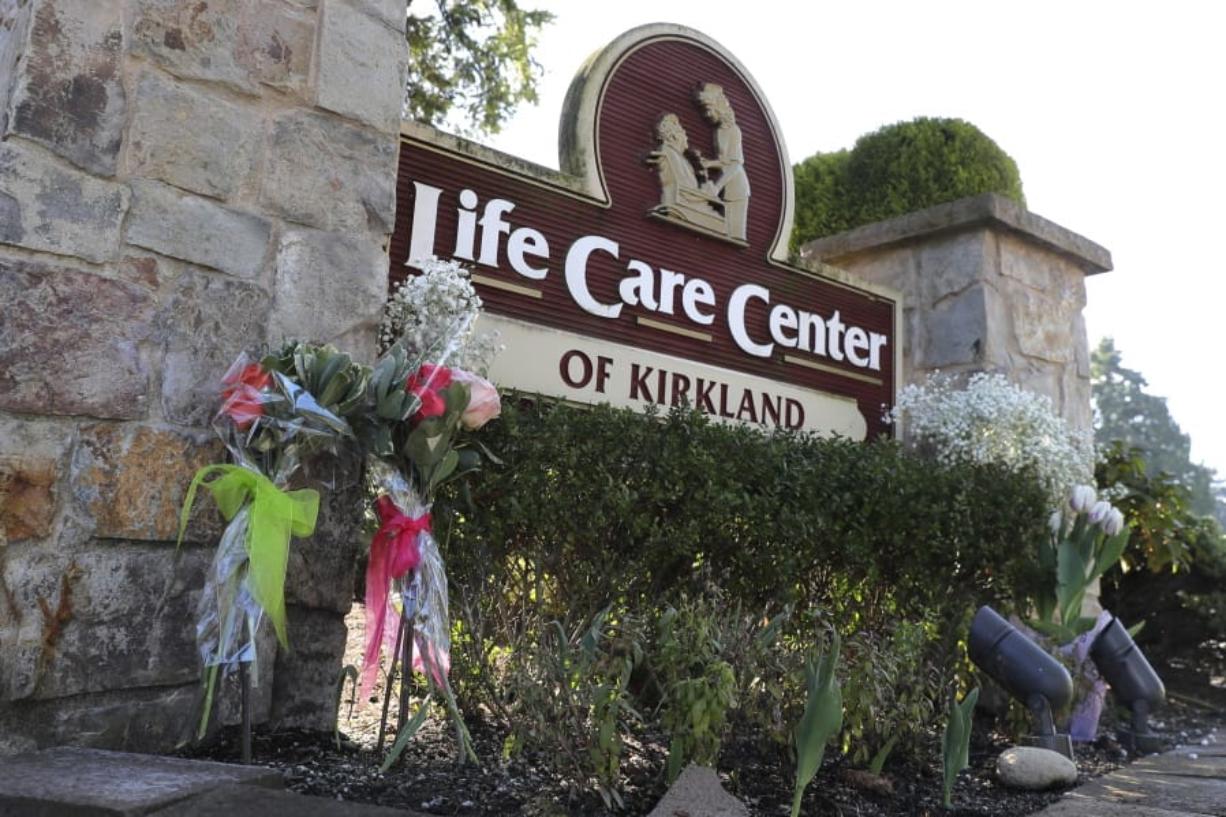
If you had to choose a single phrase to describe the Trump Administration’s policy positions, you might very well go with “false claims.” That includes false claims about the degree of criminality among immigrants, false claims about the way tariffs work, false claims about voter fraud, and much more. Congressional Republicans play the game too, defending their assault on Medicaid with false claims about fraud and abuse among recipients.
None of this is new, but what is surprising is the Administration stance toward another type of false claims—fraud committed by government contractors, especially those working in the healthcare sector.
The False Claims Act (FCA), which dates back to 1860s, is the primary tool used to prosecute companies that cheat Uncle Sam. Technically, they aren’t prosecuted, since the law does not provide for criminal charges. Instead, they typically face civil monetary penalties that can go as high as eight or nine figures.
Many observers assumed that the second Trump Administration would downplay FCA enforcement as part of its overall deregulatory campaign. Instead, it has been using the law in unusual ways. Earlier this year, the Justice Department began targeting grant recipients that were not adhering to Trump’s edicts on social issues such as DEI and transgender rights. DOJ also pressured universities that were supposedly failing to protect Jewish students from antisemitism. This turned the FCA into a weapon in the culture wars.
Now it appears that the Administration is focusing more on conventional FCA cases. Recently, the DOJ and the Department of Health and Human Services announced the creation of a working group to pursue more enforcement actions against healthcare providers. Among the priority areas are: Medicare Advantage, kickbacks related to pharmaceuticals and medical devices, and defective medical equipment.
This initiative is consistent with the activity of federal prosecutors in the past few months. In collecting data for Violation Tracker, my colleagues and I have found that FCA actions account for more than three-quarters of the 147 resolved actions against corporations and non-profits announced by the DOJ since Inauguration Day.
Some of these, especially those against large corporations, are cases that were initiated under the Biden Administration. That’s true, for example, of a $59 million kickback penalty against Pfizer announced in late January.
Yet, during a period in which enforcement actions across the federal government have fallen off significantly, there has been a steady stream of FCA case announcements. Many of them involve smaller entities, but the penalties have not been insignificant. For instance, in June, the DOJ announced that NUWAY Alliance, a provider of substance abuse services, would pay over $18 million to resolve allegations it submitted fraudulent Medicaid claims.
It remains to be seen whether the Trump Administration will pursue legitimate FCA actions in a serious way. For now, it would be helpful if those politicians making baseless claims about Medicaid recipient abuse paid more attention to these cases of real healthcare fraud committed by providers. That is how taxpayer dollars are really being wasted.








You must be logged in to post a comment.